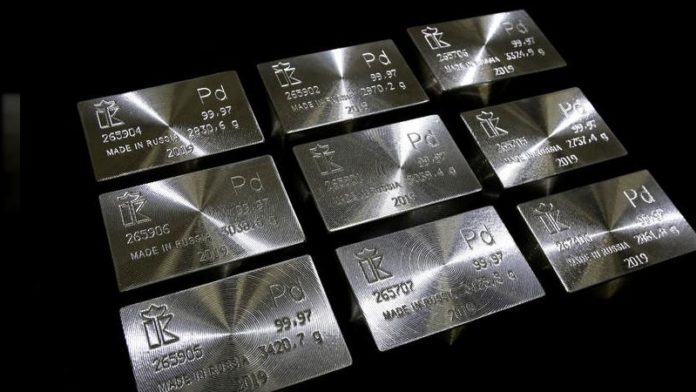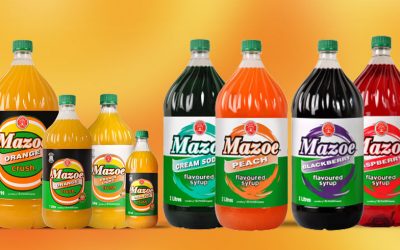Beverage sugar content review welcome, but remain high on other beverages
The Government has reviewed the special surtax on beverage sugar content on cordials from US$0.001 per gramme to US$0.0005 per gramme with effect from 1 January 2025; however, sector players maintain the tax on the rest of affected beverages remains high.
The Government in February 2024 introduced a special set tax of 0.001 US dollars per gramme on added sugar contained in specified beverages and the tax is applied uniformly on both ready-to-drink and cordial or concentrated beverages.
Zimbabwe’s beverage makers have been reeling under pressure since the introduction of the sugar tax, saying it had slowed demand across the various categories and increased production costs.
Initially, Finance, Economic Development, and Investment Promotion Minister ,Mthuli Ncube, had proposed a sugar tax of US$0.002 cents per gramme, sparking an outcry and intense lobbying from industry.
Presenting the 2025 National Budget on Thursday, Mthuli said representations from cordial manufacturers indicate that cordials, due to their concentrated nature, have a higher sugar content, hence attract a higher effective tax as compared to ready-to-drink beverages.
“Common practice, however, requires that the tax be based on the sugar content of the diluted product. In order to create a level playing field between ready-to-drink and cordials, I propose to review the special surtax on beverage sugar content on cordials from 0.001 US dollars per gramme to 0.0005 US dollars per gramme with effect from 1 January 2025,” he said.
However, Delta Corporation Limited Finance Director, Alex Makamure, told Business Weekly that any reduction in the sugar tax is welcome; however, he maintained that the tax on the rest of the affected beverages is high relative to other markets where it was introduced.
“Our recommendation is that the first 4 grammes per 100 ml should be exempted. We are seeing massive quantities of imported brands into the country. The soft drink category probably lost 20 percent to 30 percent in October and November to imports from Mozambique and Zambia due to pricing disparities arising from the sugar tax,” he said.
In its recent financials, Delta also noted that in the sparkling beverages segment, the sector’s competitiveness was affected by the relatively high sugar tax, leading to an increase in imports of similar offerings from neighbouring countries.
It said pricing distortions in the formal channels have re-emerged, reflecting the exchange rate disparities and the tax concessions granted to some competitors.
The group’s unit, Schweppes Holdings Africa, recorded a volume decline of 9 percent for the six months, primarily due to significant price increases, driven by the sugar tax, which is particularly punitive for cordials. “The business was also weighed down by a surge in imports of the flagship Mazoe Orange Crush from regional markets driven by the price disparity created by the sugar tax,” reads part of the financials.
Earlier in the year, Makamure said Delta has a full range of low- and zero-sugar offerings; however, the generality of consumers prefer sugar-added products even when the taste of the zero-sugar products remains unchanged.
Dairibord Holdings chief executive, Mercy Ndoro, also earlier in the year said the implementation of a per-gramme sugar tax on beverage products resulted in a direct and quantifiable increase in production costs as sugar is a significant and essential raw material in the manufacture of beverages.
“The cost of production has significantly increased, making Zimbabwean products uncompetitive, and there is a significant risk that the beverage industry as a whole will become uncompetitive compared to our neighbouring countries,” she said.
Ndoro said Zimbabwe’s sugar tax, currently the highest within the Southern African region, has demonstrably exacerbated price sensitivity among consumers within the beverage sector.
However, according to the group’s recent financials, the company said notwithstanding sustained operational challenges and implications of the sugar tax on cost and pricing structures, the business demonstrated resilience by achieving growth in sales.ebsinessweekl











